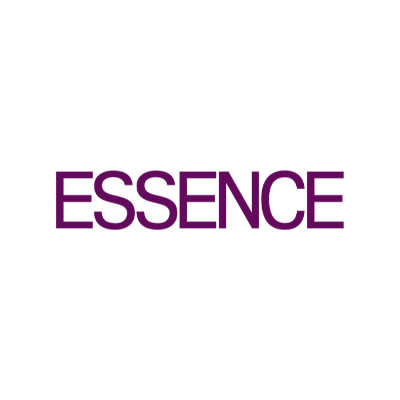Supreme Court Rules That Businesses Can Refuse Service To Gay Customers | Essence
- Bias Rating
- Reliability
95% ReliableExcellent
- Policy Leaning
84% Very Right
- Politician Portrayal
-9% Negative
Continue For Free
Create your free account to see the in-depth bias analytics and more.
By creating an account, you agree to our Terms and Privacy Policy, and subscribe to email updates.
Log In
Log in to your account to see the in-depth bias analytics and more.
Bias Score Analysis
The A.I. bias rating includes policy and politician portrayal leanings based on the author’s tone found in the article using machine learning. Bias scores are on a scale of -100% to 100% with higher negative scores being more liberal and higher positive scores being more conservative, and 0% being neutral.
Sentiments
N/A
- Conservative
| Sentence | Sentiment | Bias |
|---|---|---|
Unlock this feature by upgrading to the Pro plan. | ||
Reliability Score Analysis
Policy Leaning Analysis
Politician Portrayal Analysis
Bias Meter
Extremely
Liberal
Very
Liberal
Moderately
Liberal
Somewhat Liberal
Center
Somewhat Conservative
Moderately
Conservative
Very
Conservative
Extremely
Conservative
-100%
Liberal
100%
Conservative

Contributing sentiments towards policy:
50% : Justice Neil M. Gorsuch wrote for the majority, "The opportunity to think for ourselves and to express those thoughts freely is among our most cherished liberties and part of what keeps our Republic strong," continuing, "The First Amendment envisions the United States as a rich and complex place where all persons are free to think and speak as they wish, not as the government demands."48% : On Friday, the high court released its decision in 303 Creative LLC v. Elenis, ruling that Lorie Smith, the Colorado Christian graphic artist who designs wedding websites, can refuse to work with same-sex couples."
48% : In taking on this case, the high court "agreed to decide only one question: 'whether applying a public-accommodation law to compel an artist to speak or stay silent violates the free speech clause of the First Amendment."
48% : " In her dissent, Justice Sonia Sotomayor said this was "profoundly wrong," contending that the Colorado law in question "targets conduct, not speech, for regulation, and the act of discrimination has never constituted protected expression under the First Amendment.
45% : But here, "No same-sex couple has ever tried to hire Lorie Smith to create a website for their wedding," meaning this is based on a preemptive hypothetical situation that hasn't even happened.
43% : This "decision appeared to suggest that the rights of LGBTQ people...are on a more vulnerable legal footing," writes the New York Times, especially with regard to the conflict "between laws requiring equal treatment for the LGBTQ community and those who say their religious beliefs lead them to regard same-sex marriage as 'false.'
40% : But Smith did not want to design wedding websites for gay couples even though the anti-discrimination law applied.
36% : Many now fear adverse consequences, with some alleging that this ruling essentially "blow[s] a hole through anti-discrimination laws and allow[s] businesses engaged in expression to refuse service to, for example, Black people or Muslims based on odious but sincerely held convictions.
31% : In a a major blow to LGBTQ rights, the court sided with a Christian graphic artist from Colorado who argued her beliefs prohibited her from creating wedding sites for same-sex couples.
*Our bias meter rating uses data science including sentiment analysis, machine learning and our proprietary algorithm for determining biases in news articles. Bias scores are on a scale of -100% to 100% with higher negative scores being more liberal and higher positive scores being more conservative, and 0% being neutral. The rating is an independent analysis and is not affiliated nor sponsored by the news source or any other organization.




























 Essence
Essence